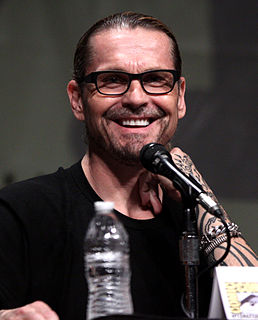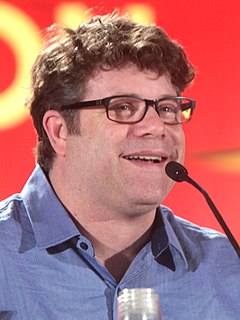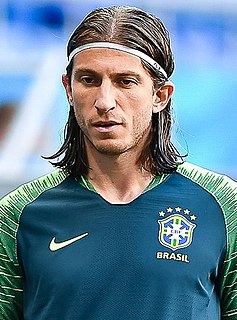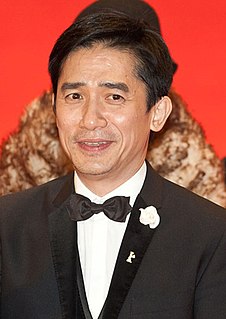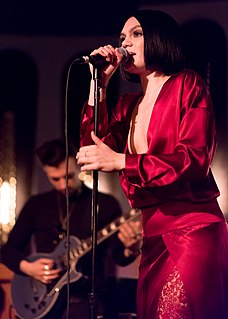A Quote by Hoagy Carmichael
The recollection of how, when and where it all happened became vague as the lingering strains hung in the rafters of the studio. I wanted to shout back at it, Maybe I didn't write you, but I found you.
Related Quotes
What I learned in 'Sons' is that I would come in with a blueprint of a season and how it would go, and I realized that the looser my grip was, the better it became because the story found itself. Things happened as I wanted them to in terms of the bigger mile markers, but the fun part was I never knew how we would get there.
I actually don't remember Apollo 11 exactly because, at the time, I was five years old. The landing happened at night, and the walk on the moon happened at night eastern time, and I asked my parents; my mom said I was probably asleep, and so I just don't have any recollection. I do have recollection of the later missions to the moon.
I was 19 years when I got into acting training classes at a TV station and then I found a way to express my feelings. My father left us when I was a kid and I just shut down all of my emotions. I wasn't talkative; I didn't know how to communicate with people. I tried to separate from people. After I got into the classes I found a way of expressing myself through characters. I can cry behind a character, I can shout behind a character and it became a relief. And it's fun.

